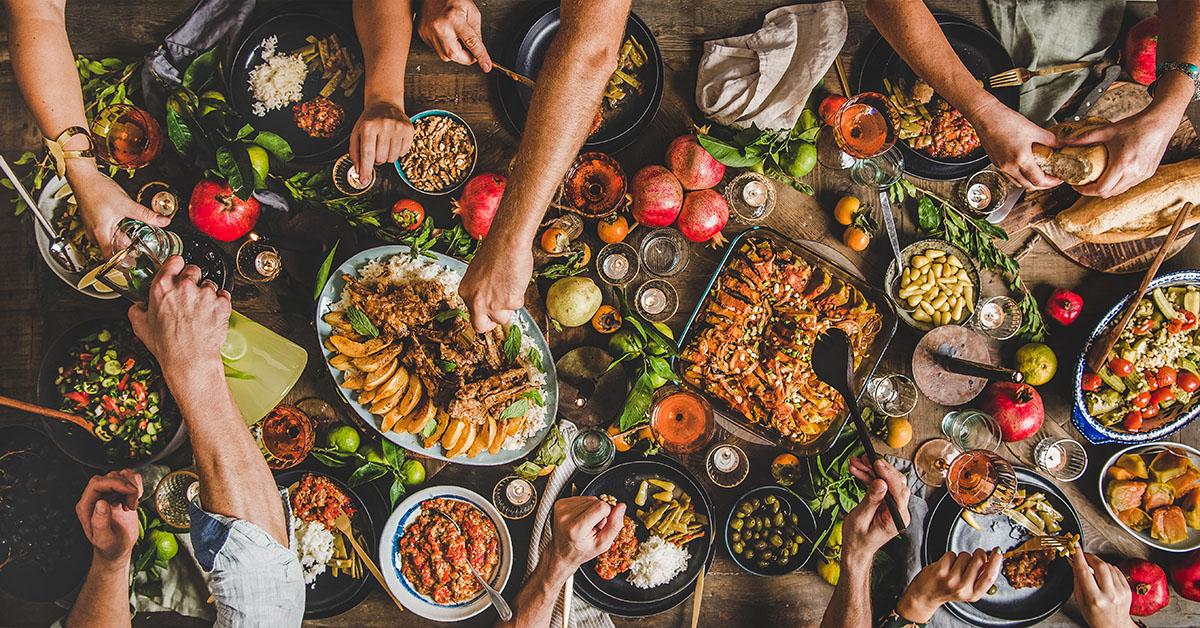Food safety is a huge global issue and it affects all of us in some way. In addition to the health risks associated with food poisoning, it also carries huge public relations risks, as the public is quick to shun entire categories of food products. For example, in California, the recent Cyclospora scare prompted people to avoid raspberries, which had been suspected of containing the pathogen.
Food safety is a global phenomenon
Food safety is a global phenomenon that has implications in all parts of the world. One link in the food production chain can compromise the safety of the entire product, and tainted food can reach the consumer’s table. Fortunately, there are many steps that can be taken to ensure that food is safe to eat.
Various countries have different regulations on how food is tested and monitored. Some conduct microbiological testing only, while others test for mycotoxins, pesticides, and heavy metals. Governments may also require food producers to be certified to ensure the safety of their products. For example, in China, farmers and exporters have to pass a certification process to make sure their products meet certain standards. There is no one regulatory agency that oversees the global food supply chain, and the responsibility is spread between numerous federal and state agencies, as well as foreign governments.
Consumer education programs and food labeling are also crucial. Labeling products and packaging should clearly indicate how to safely handle them. Food processors should also label food that may be hazardous. Putting warning labels on products is not always easy, as it increases costs and discourages consumers. Processors may also choose to reformulate or introduce new technologies to make their products safer.
It affects all of the world’s people
Food safety and food safety products are vital for human health, economy, and development. Unsafe food causes illness and even death, and contaminates food supplies, putting people’s lives at risk. Moreover, it disrupts international trade and undermines the food economy. Each year, around 600 million people get sick from eating contaminated food. Of these, 420 000 people died. The most vulnerable groups include children under five and low-income countries. Moreover, foodborne disease can cause global economic losses of up to US$95 billion per year.
As food supply chains become increasingly international, food safety is of vital importance to all of us. Increasingly, we rely on food supplies from other countries, including developing nations. Therefore, we should strive to produce food that is safe and that maximizes public health and environmental benefits. This requires improving the standards of food manufacturing and farming worldwide.
It is a global phenomenon
Public health concerns related to food safety are found across the globe. Governments enforce regulations on food safety, including the US Food and Drug Administration and the Food Safety Modernization Act. Food safety standards are based on the PICo (population, phenomenon, context) method. The food market encompasses many sources, including grocery stores, restaurants, and street vending.
Food safety affects the health of every person around the world. As many countries become more interdependent on their food supply, people are placing greater value on its safety. Moreover, safe food production and distribution maximizes public health and environmental benefits. Food safety is the process of keeping food safe from contaminants and other harmful agents throughout its supply chain.
In one study, 37 full-text articles addressing food safety issues were analyzed for developed and developing countries. The most common problems related to food safety were mislabeling, microbial contamination, and chemical contamination. The misuse of food additives was a leading issue in developing countries.





